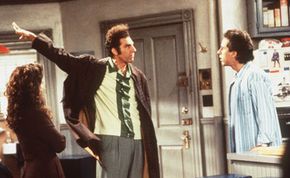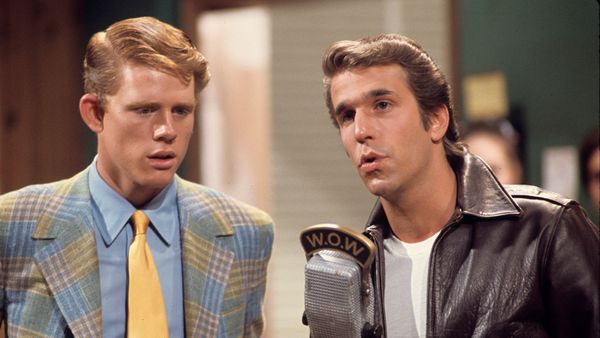So, you've followed our instructions in How Writing a TV Show Works, and now you're ready to take the next step. You got the concept out of your head, onto paper and into treatment form with a catchy title and logline. Now we'll talk about how to get it to the networks.
For television business insiders (meaning you already have something in production, have written for a TV show before or have some other credentials in the business), this is a much easier task. You just need to call your contacts and try to meet with someone in charge. For folks outside of the business, trying to break in can be difficult. Hardly any of the networks will meet with a new writer directly (although Comedy Central reportedly will), so you'll need to find representation in the form of an agent, manager, entertainment attorney or an established production company.
Advertisement
Typically, agents and managers want to work only with established writers. Agents generally take a 10 percent commission, while managers take 15 percent. Both are usually very well connected and good at networking. Either way, they can connect you with the networks for a fee. If you want to look for a writer's agent specifically, one good way is to check out the lists provided by the Writers Guild of America.
Like managers and agents, entertainment attorneys are extremely well connected with writers, actors, directors and producers. They also charge for their services, but their fees are widely variable.
TV production companies usually have numerous projects in development at any given time (many active companies list more than 50). These projects are most often in a variety of developmental stages: scripting, preproduction, production or ready to present to the networks and studios. A production company will usually pay you a nominal fee to temporarily secure the right or option to shop your work around to the networks or studios. If your show doesn't sell, the production company returns it to you. If the company sells your show to a network, you get a lump sum and the work now belongs to the production company. To retain credit for the creation or writing, you'll need to negotiate a producer or writer credit -- this is a good idea because it enables you to negotiate a set fee to be paid per episode or week of production.
No matter the method, the goal is to get a meeting with a network. These meetings are typically very short, and you're expected to present your concept with gusto in typically 10 minutes or less. Enter the pitch.
Advertisement




